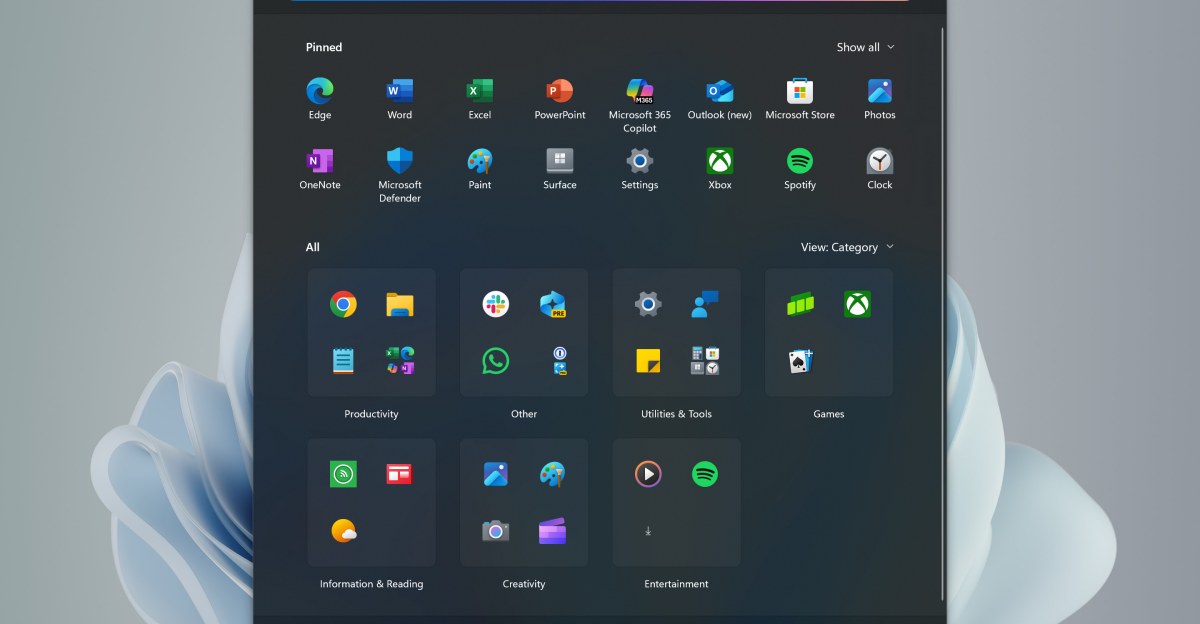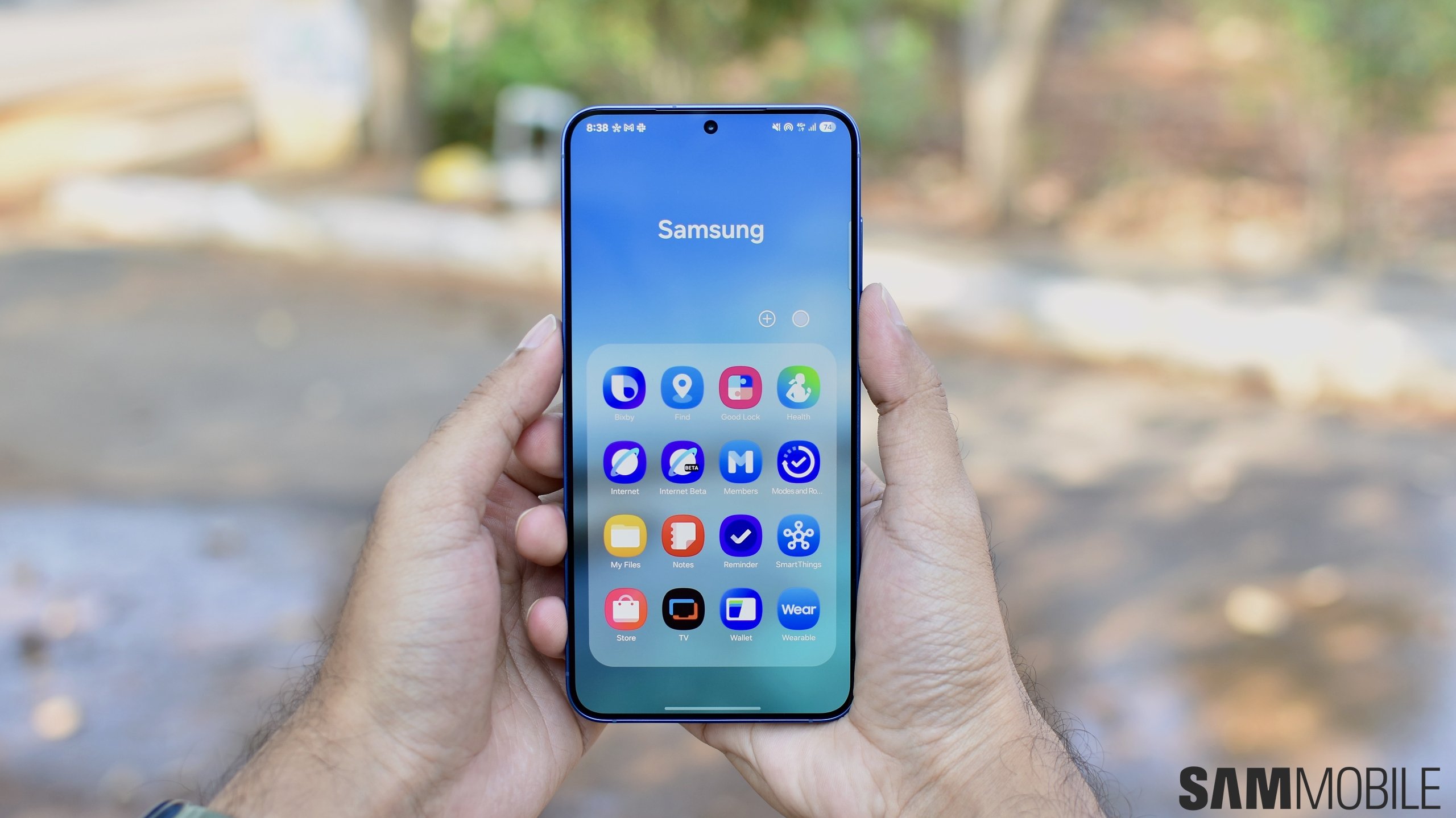AirPods Blocked: Apple's EU Regulatory Showdown Halts Translation Feature

Apple's Latest Innovation Hits a Snag: European Users Left Out of Exciting New Feature
Tech enthusiasts in Europe will be disappointed to learn that a cutting-edge feature unveiled during Apple's recent product launch event won't be making its way to their devices. At this week's highly anticipated presentation, Apple introduced a range of new products, including updated AirPods with an intriguing real-time translation capability.
The new feature, which promises to break down language barriers in real-time, will unfortunately not be available to European consumers due to regulatory constraints. This limitation highlights the complex landscape of tech innovation and regional restrictions that can impact global product rollouts.
While Apple continues to push the boundaries of technology with its latest offerings, European users will have to wait and see if future updates or regulatory changes will bring this exciting translation feature to their market. The announcement serves as a reminder of the ongoing challenges tech companies face in delivering uniform experiences across different regions.








